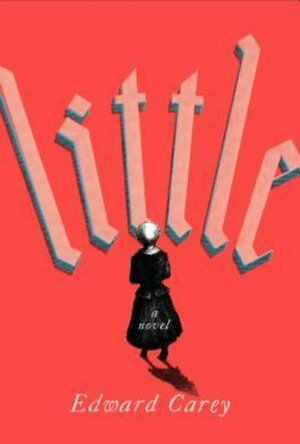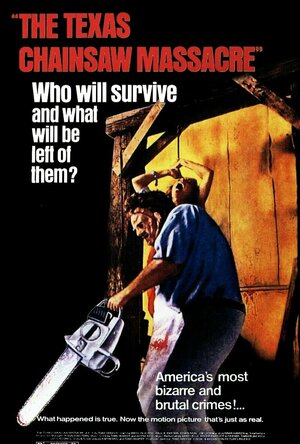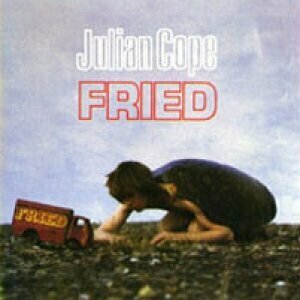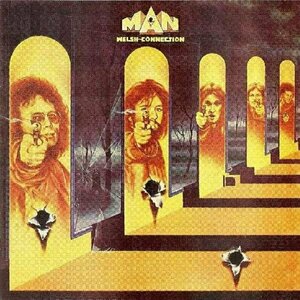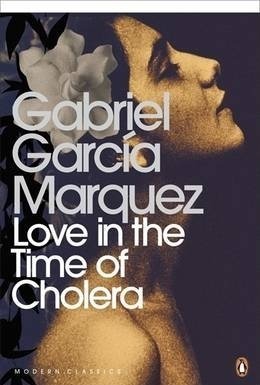
Love in the Time of Cholera
Book
A poignant meditation on the nature of desire, and the enduring power of love, Gabriel Garcia...
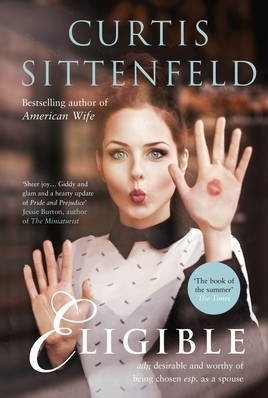
Eligible
Book
Read an exclusive interview with the author here 'This year the book of the summer is...
Even the Dogs
Book
WINNER OF THE 2012 IMPAC DUBLIN AWARD On a cold, quiet day between Christmas and the New Year, a...
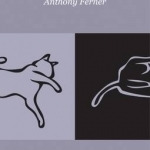
Winegarden
Book
Winegarden recounts episodes in the life of Jacob Winegarden, an agnostic Jewish professor of...
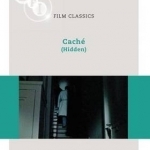
Cache (Hidden)
Book
Ever since its world premiere at the Cannes film festival in May 2005, audiences have been talking...
18th century Paris was a place of great uncertainty - and this book has echoes of Dickensian London. It’s so much more than that though. Not only do we get some wonderful descriptions of the sights, sounds and smells of Paris at the time, we also get to look at Edward Carey’s beautiful pictures. I say beautiful, they’re pictures that portray people in their sometimes beautiful ugliness (that’s a thing, right?).
The life that Little lives! I hadn’t known any of the background of Madame Tussaud, and to be honest, with the way her formative years went, I’m astonished that she survived to old age. The Paris of the French Revolution was a dangerous place, and Little had come to know some dangerous people.
I don’t want to say anything else. It would be a shame for me to reveal any of the (what were to me) big surprises. This is a startling, moving, frustrating, emotional, bizarre, glorious journey through the French years of Madame Tussaud’s life. It was recommended to me by book blogger @yearsofreading, and I’m so glad I listened to her. Now I recommend that if you haven’t read this book, and you’ve read my review this far, go out and read it. You won’t regret it!
LeftSideCut (3776 KP) rated The Texas Chain Saw Massacre (1974) in Movies
May 20, 2021
Its pacing is pretty much perfect. The slow build first half is suitably uncomfortable, and full of great performances that keep it engaging. When things kick off, it grabs you by the throat and doesn't let go until the credits roll. Some incredibly well done sound design and tense music score compliment the breakneck final act, that is just an unencumbered assault on the senses. It's exhausting (in a good way).
Marilyn Burns' Sally is a badass final girl that causes the Sawyer family a whole bunch of trouble, and Leatherface is a wonderfully portrayed maniac - a genuinely terrifying MF, who has a sympathetic side. He's the main reason why TTCSM is still scary as fuck all these years later. The scares on display are all well earned, and the jump moments are startling and are far from being cheap.
What more can I say, TTCSM is truly one of the greats. It's uncomfortable, entertaining, extremely well put together, and is wholeheartedly deserving of its place in horror royalty.
James Dean Bradfield recommended Fried by Julian Cope in Music (curated)
James Dean Bradfield recommended Welsh-Connection by Man in Music (curated)

Cutting Loose: Why Women Who End Their Marriages Do So Well
Book
For women contemplating divorce or for those who have already divorced, Ashton Applewhite's...

